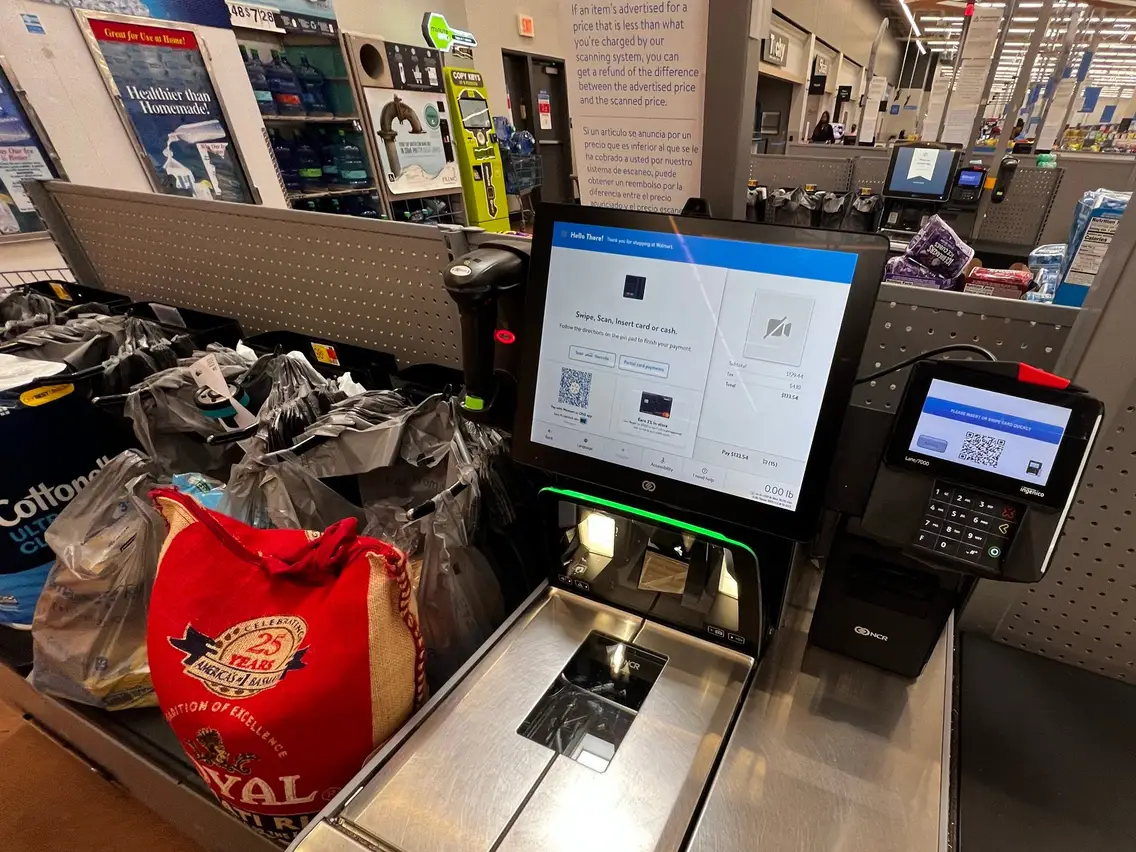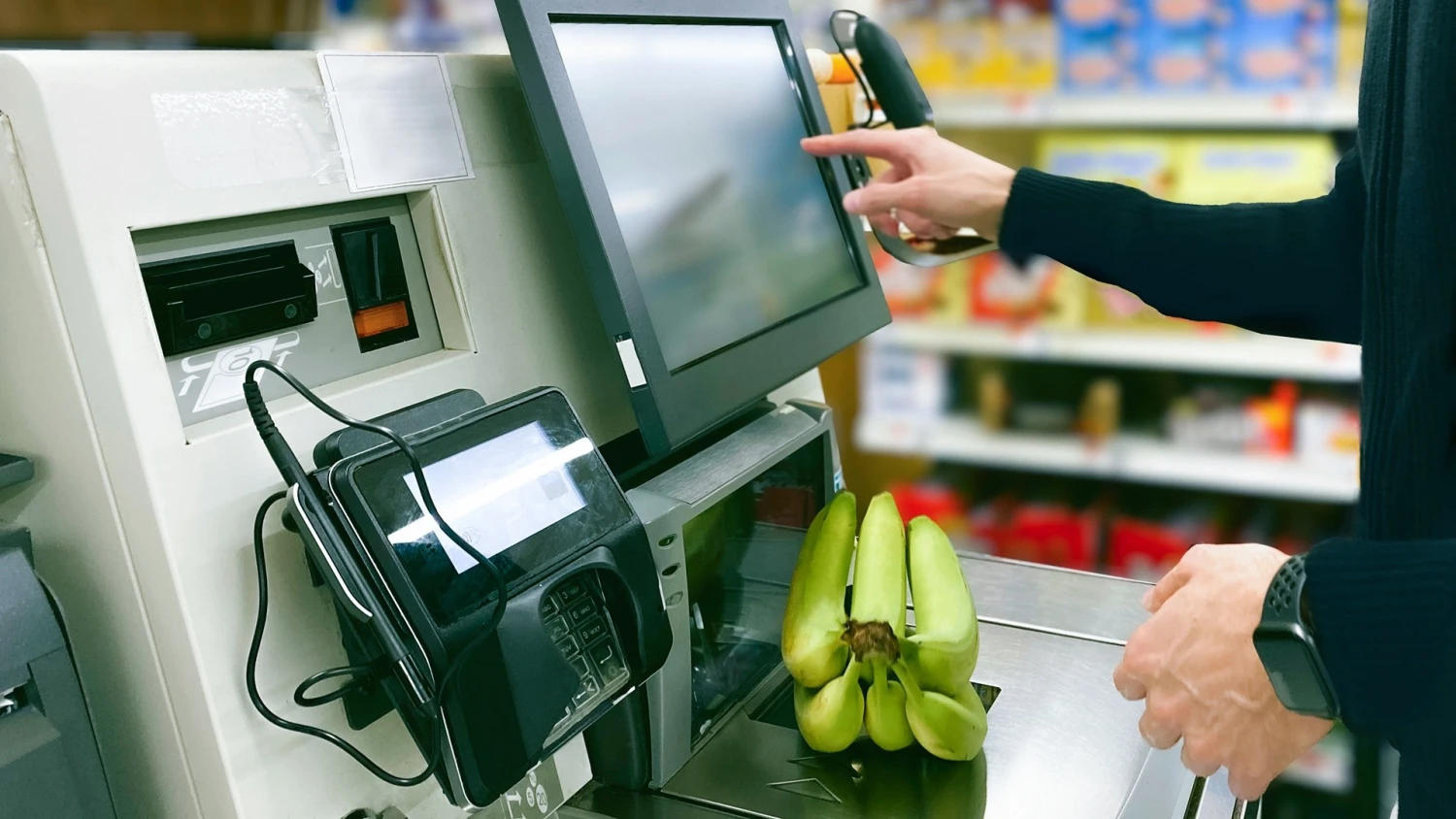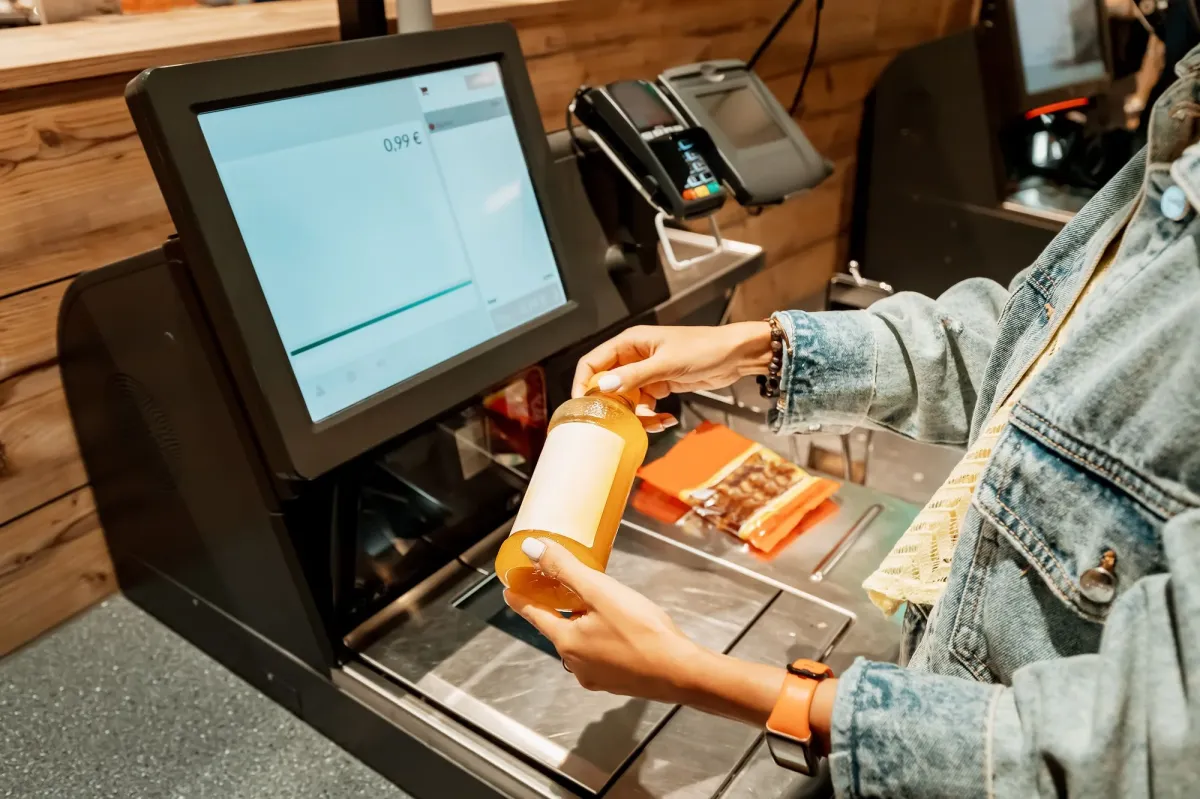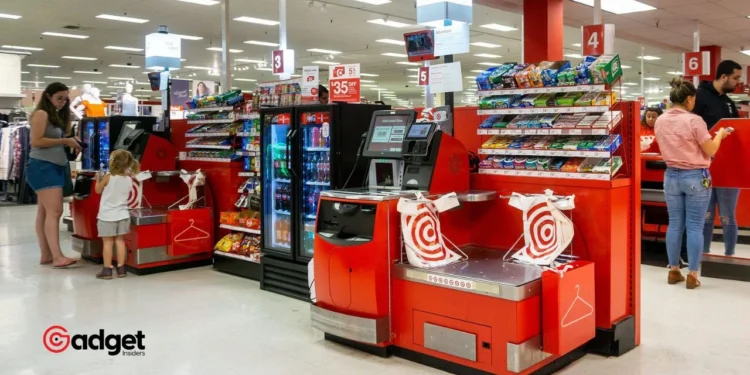In a bid to combat the escalating issue of retail theft, a new bill proposed in California could reshape the future of shopping experiences in the Golden State. Senate Bill 1446, introduced by State Senator Lola Smallwood-Cuevas, aims to significantly alter how self-checkout systems are managed in large grocery and drug stores. The bill proposes stringent staffing requirements and restrictions on the use of these kiosks, sparking a heated debate among retailers, consumers, and workers’ unions.

A Closer Look at the Bill’s Provisions
The proposed legislation mandates that each employee overseeing self-checkout kiosks can monitor no more than two stations simultaneously, without being assigned additional tasks. Furthermore, these lanes would be restricted to purchases of 10 or fewer items, and certain items requiring identification or equipped with theft-deterrent tags would be excluded from self-service. Importantly, the bill also stipulates that at least one manned checkout station must be operational if self-service options are provided.
Senator Smallwood-Cuevas articulated during a hearing that the intent behind the bill is “to reduce retail theft while also adding jobs and protecting both workers and shoppers.” This sentiment is echoed by the United Food And Commercial Workers union, which supports the legislation, viewing it as a dual opportunity to curb theft and create employment.

The Growing Concern Over Retail Theft
Retailers continue to report significant losses attributed to self-checkout theft, with the ECR Retail Loss Group revealing in a 2022 survey that self-checkout could represent up to 23% of total unknown store losses. “Two-thirds of surveyed global retailers have observed an increase in losses stemming from self-checkouts,” the report highlighted, emphasizing the growing concern.
Resistance and Criticism from Retail Sectors
However, not everyone is in favour of these changes. Critics like Margaret Gladstein, who represents the California Retailers Association, argue that such sweeping regulations are overreaching and could hinder consumer convenience without effectively addressing theft or employee safety issues. “These measures will only serve to frustrate consumers with no evidence that they will reduce theft or provide additional protection to employees,” Gladstein stated in an April hearing.
Is this the end of the self-checkout? 🛒 California lawmakers are considering a new bill that could force stores to close self-checkout lanes unless certain conditions are met. @ChristineRomans has all the details. pic.twitter.com/ZghAlD1RhR
— TODAY (@TODAYshow) May 7, 2024
Potential Economic Impact and Consumer Reaction
Economists and market analysts are also weighing in on the potential impacts of SB 1446. Ron Larson, an economics professor, predicts that many retailers might choose to remove self-checkout stations rather than comply with the costly new staffing regulations, potentially leading to higher prices for consumers due to increased labour costs.
On the flip side, some large retailers have already started scaling back on self-checkout to enhance customer service and mitigate losses. For instance, Walmart and Target have imposed item limits at their self-checkout lanes, and Dollar General is transitioning most of its kiosks to assisted checkout, with CEO Todd Vasos noting a “material and positive impact” on reducing goods loss during a recent earnings call.

The Future of Self-Checkout in California
Despite the pushback, some experts believe that the proposed changes could mark the beginning of a new era in retail technology adaptation. Neil Saunders, managing director of GlobalData, suggests that the retail sector is likely to continue experimenting with and adjusting their checkout options. “Retailers test things, try things. Sometimes they don’t work, sometimes they change in the implementation, and retailers adapt with them,” Saunders explained.
As California continues to grapple with the dual challenges of retail theft and evolving consumer preferences, SB 1446 stands at the forefront of a significant shift in how shopping is conducted in one of America’s largest states. Whether this bill will lead to a decrease in theft or simply shift the operational burdens onto consumers and employees will be a key question for lawmakers and the retail industry alike.










